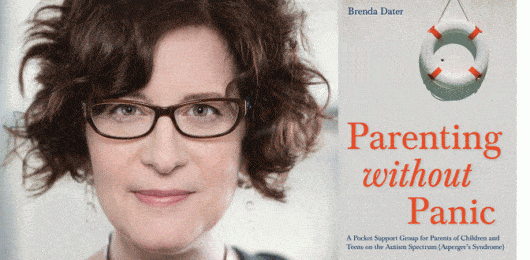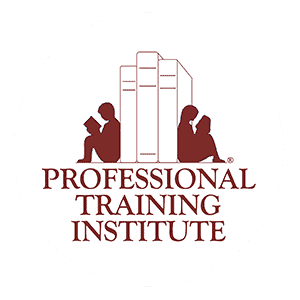
“Parents want to know if their children will be okay. They want to know what the future holds. I am full of hope for my own children and yours too. I hope that we are laying the foundation for them to understand themselves and the world around them. I hope that they believe in themselves and appreciate their abilities. I hope that the challenges and problems they encounter build their sense of resilience and bravery. And I hope they know how glad we are to have them in our lives.”
–From Parenting without Panic
Why parents worry
- Fear of the unknown: Nobody can predict your child’s social, emotional or academic trajectory with certainty. As parents of kids who learn differently we learn this truth early on in their lives. There is no singular path that our children must (or will) follow as they grow and develop.
- Uncertainty over how to help: Parents may feel overwhelmed and unsure about how to help their child learn. They might wonder, “how much is enough?”
- Falling prey to “catch-up-itis”: This is especially prevalent during transitions, developmental milestones and lifecycle events; like riding a bike, having a sleepover, learning to drive or getting a job.
- Feeling isolated: It’s hard when you feel alone in your worries, concerns and triumphs. I’ve certainly wished I could teleport out of conversations when people pity or ignore our family’s reality.
Practical tips for putting panic on pause
- Redefine “normal”: Your child’s developmental path is unpredictable. Many skills will take longer to develop, or will develop differently. My son can swim, but it doesn’t look like any stroke I recognize, and that’s okay because he mastered being safe in the water. My mantra for my 18-year-old son continues to be, “There’s no one way to do life after high school.”
- Appreciate your child’s strengths and challenges: Every parent has a vision for what their child will be like. And every parent must adjust that vision as they get to know their child’s strengths, challenges, interests and personality. You can support your child’s learning without making him feel that he needs to be a different person to be accepted or loved.
- Prioritize skills: It’s impossible to work on everything at once. Think about which behavior or challenge is causing the greatest difficulty for your child and start with that. When my son had no frustration tolerance and would meltdown easily, we started by helping him learn coping skills.
- Ask questions: The main questions I ask when professionals recommend a specific approach with my kids are, “How does this fit with my child’s needs?” And, “How will we evaluate its effectiveness?” If you are unsure, ask.
- Balance needs: No child or family can focus on intervention all the time. Building in time for interests is important. Consider how much time various family members may need to decompress. And shift how you spend your time as your family’s needs change.
- Seek out information and connection: I’ve met wonderful parents who understand what my life is like and help me think through important decisions and navigate uncertain and stressful situations (and celebrate successes!). The unknown is often scary. Getting information from a reliable source can help you feel more comfortable with your decisions.
Want to parent with less panic? Join us for Brenda’s workshop on Practical Strategies for Parenting Without Panic at our Needham Learning Center on Thursday, May 28, from 7-9pm.
Brenda Dater, MPH, MSW is the author of Parenting without Panic and the Director of Child and Teen Services at AANE, but her favorite job title is ‘mom’ to her three sons. She teaches workshops, facilitates support groups and provides consultations for parents, grandparents and professionals.










Jaydin Skinner says: